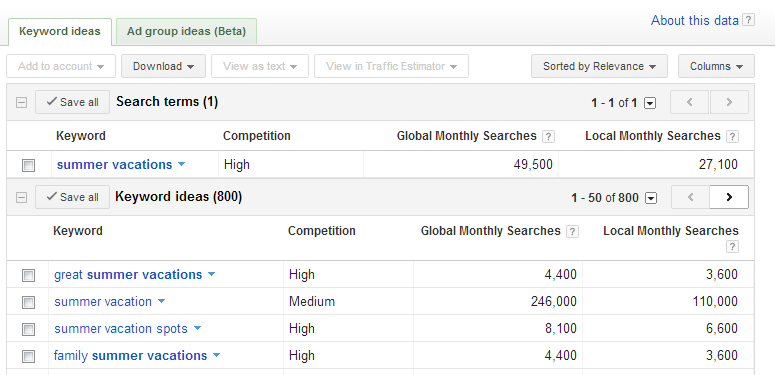Marketers who are too attached to their established keyword lists and existing content marketing strategies might be missing SEO opportunities. It’s important for brands to consider how seasonal events and hot trends can increase engagement and provide SEO value of their sites as they plan their upcoming content schedules.
Spring allergy remedies and March Madness updates earn top search spots
Facebook might have maintained its position as the top Google search term in the first quarter of 2013, but new comScore data reveals that seasonally relevant sites came in as the top ranking online properties in March 2013.
Nearly 8 million internet users searched for pharmacy sites during the first month of the spring allergy season, driving a 23 percent traffic lift. The top beneficiary of this traffic was Express Scripts with 1.7 million visitors. Sports sites like MLB and ESPN also earned more visits (34 percent and 28 percent, respectively) with the start of the 2013 baseball season and the annual March Madness competition.
Brands that don’t sell prescription services or sporting goods may not think these seasonal upticks impact their search rankings, but they might be selling their content marketing reach short.
Create contents around trending industry topics
Creating a seasonal strategy for news articles, blog topics and social media content by identifying targeted keywords can help brands gain traction around terms that generally have low competition, but are subject to annual traffic spikes


For example, the search term “summer picnic” receives 12,100 global monthly searches and 6,600 local monthly searches, according to Google AdWords, so it’s considered to have low competition. However, it’s likely that search volume surges during the spring and summer months, but taper off when colder weather sets in. “Camping,” also has low competition, but receives more than 6,120,000 local monthly searches and 37,200,000 global monthly searches. “Summer vacations,” on the other hand, has high competition with 49,500 global monthly searches and 27,100 local monthly searches.
If marketers pay attention to search trends for industry relevant terms and topics, they can incorporate targeted keywords into their online content and gain traction with organic search results before popularity spikes. Using content analytics, marketers can determine which keywords are already generating a strong ROI, and which terms might benefit from a seasonal lift.





